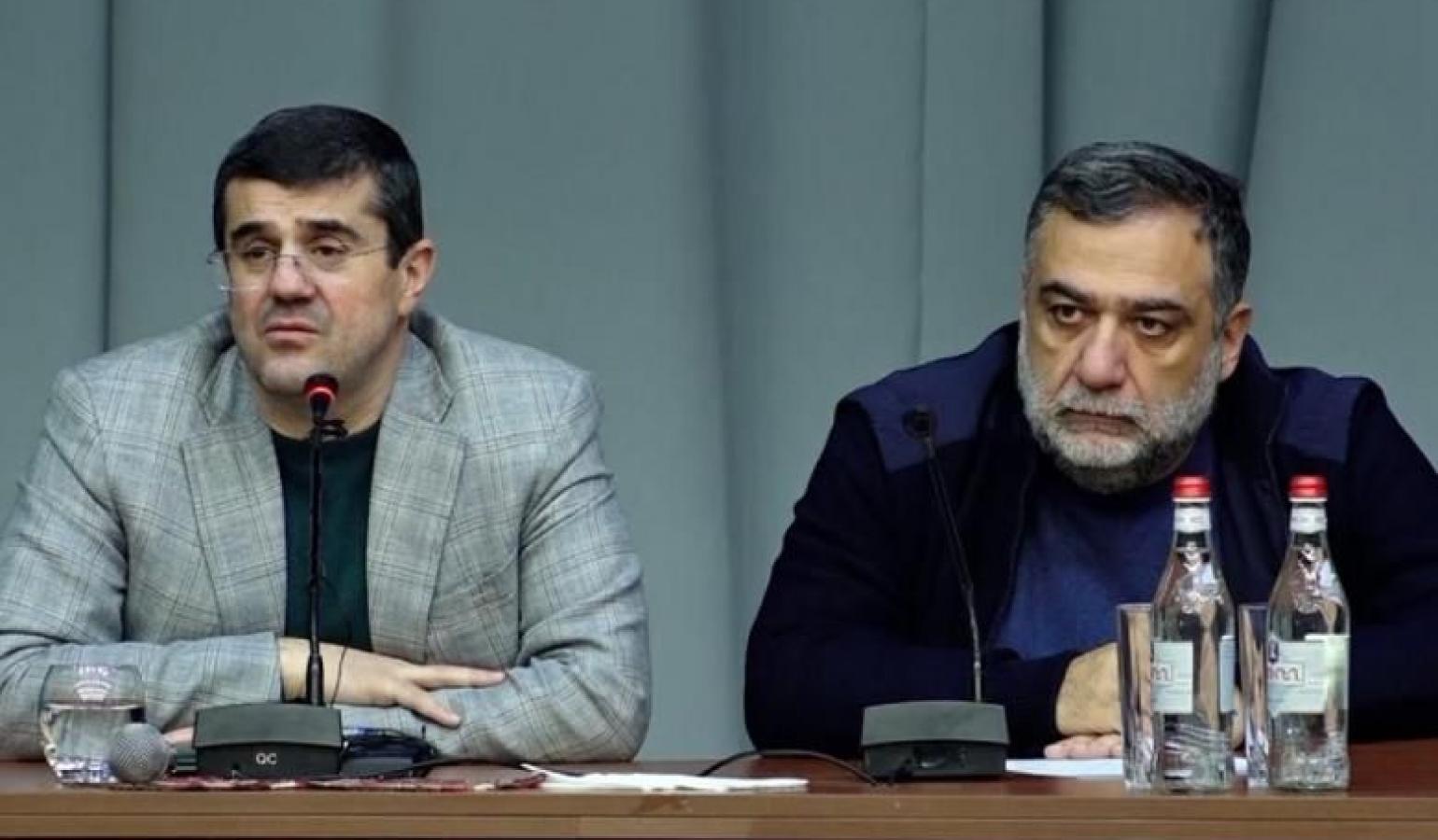
The trial of the former leadership of Nagorno-Karabakh is set to begin in Baku. Azerbaijani media have reported that the trials of Ruben Vardanyan and Araik Harutyunyan will take place on January 17. While Baku has only publicly discussed the trials of these two former officials, Siranush Sahakyan believes that the trial proceedings have also begun for the other hostages.
Regarding the trials of the military-political leadership of Nagorno-Karabakh on January 17, Siranush Sahakyan, the head of the International and Comparative Law Center, answered questions from Karlyn Aslanyan on Radio Free Europe.
Azerbaijani media has also reported that on that day it will be decided whether the trials will be held in an open or closed format. Siranush Sahakyan tends to believe that the trials will be held in a closed format, as "these cases have specific characteristics, and we see a trend towards secret trials. I believe the purpose is twofold. First, there is a large number of falsified evidence, and an open trial would provide an opportunity to uncover the falsification of these pieces of evidence. But also, the international community has shown interest in these trials due to their sensitive nature. Additionally, Armenian civil society organizations have united and made similar appeals to international organizations, governmental bodies, embassies, requesting them to carry out monitoring activities. Therefore, a closed trial could serve as a legitimate basis to block the presence of foreign independent observers. I believe the hidden objective is to exclude international presence from these trials."
Speaking about the issue of the lack of independence in the legal community, Sahakyan noted that Azerbaijan interferes with the work of lawyers, and there have been recorded cases where a lawyer's independent activity has led to disbarment. "The factual circumstances of the case are kept secret, and as you know, all Armenians are represented by public defenders. The only exception is in the case of Ruben Vardanyan, where, at the family's request, a lawyer has been chosen who is Azerbaijani and has been accredited by the Azerbaijani Bar Association. The concerns regarding the legal community are clear, and this also applies to this lawyer."
Karlen Aslanyan asked whether it might be pointless to engage in these processes, as the issue of Armenian captives has become political. "The outcome is predetermined, the decisions have already been made, and they have not been made by independent judicial bodies. There can be no talk of justice being served. We are dealing with decisions made by political orders, and this is the formal route by which the courts validate those political decisions. I can confidently assert that the outcome of all these cases is predetermined—guilty verdicts, long prison sentences, or life sentences. This belief is also based on the trials of other Armenians and the judicial acts passed during those trials. All repatriated Armenians who have been part of these trials in one way or another have been charged and sentenced for some alleged act," noted Siranush Sahakyan.
The human rights defender also responded to questions regarding the fate of other Armenian captives, their secret detention by Azerbaijan, the risk of mutual withdrawal of claims from international courts, and Azerbaijan's impunity.